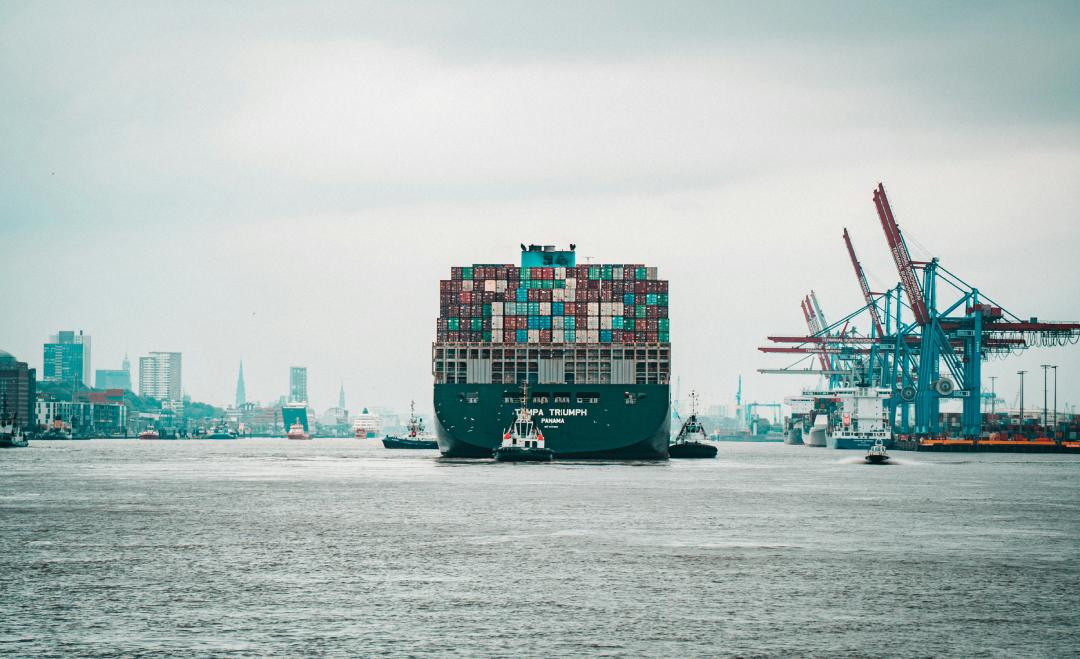UK-India Free Trade Deal Stalled Over Carbon Tax: Report
India has proposed a variety of options, ranging from a longer transition period to a complete exemption, arguing for special consideration as a developing nation.
Negotiations for a free trade agreement (FTA) between India and the UK are facing a potential roadblock over the issue of a proposed carbon tax, reports a UK Daily. A team of Indian officials has been in London discussing the terms of the FTA. One key sticking point is India’s request for exemption from the UK’s planned carbon border adjustment mechanism (CBAM). India has proposed a variety of options, ranging from a longer transition period to a complete exemption, arguing for special consideration as a developing nation.
The UK government has expressed reservations about exempting India from the CBAM. The Guardian newspaper quoted a UK official who highlighted the potential controversy surrounding such a move. Since the CBAM is designed to incentivize reduced emissions and support British industry, exempting India could be seen as undermining these goals. The CBAM is designed to reduce emissions and level the playing field for British businesses, particularly steel producers, competing with countries that have less stringent environmental regulations.
The India-UK FTA talks, despite reaching an advanced stage, have been hampered by various unresolved issues. These include India’s request for increased visa access for skilled workers, duty-free access for certain goods, and the UK’s desire for greater market access for British-made electric vehicles.
Originally envisioned for completion within a year, the FTA negotiations have stretched beyond their initial deadline. Despite this delay, both India and the UK remain committed to reaching an agreement. Prime Minister Narendra Modi and his counterpart Rishi Sunak recently emphasized their desire for a swift conclusion to the talks.
Bilateral trade between India and the UK has grown steadily in recent years, exceeding $20 billion in the last fiscal year. However, the complex issues surrounding the FTA, particularly the carbon tax question, continue to cast a shadow over the path to a finalized agreement.
What is the CBAM?
The CBAM is a UK government initiative designed to take effect in 2027. It will impose a levy on imports of certain carbon-intensive products, such as steel, aluminium, and cement. The levy amount will be based on the carbon emissions associated with producing these goods in the exporting country, and the difference between the carbon pricing scheme in the exporting country and the UK.
This measure aims to protect UK businesses from unfair competition from countries with less stringent environmental regulations. The UK government sees CBAM as a tool to prevent “carbon leakage,” a scenario where businesses relocate production to countries with weaker environmental regulations to avoid carbon pricing. This initiative aligns with the UK’s net-zero emissions target for 2050 and complements their existing Emissions Trading System.
Read More

